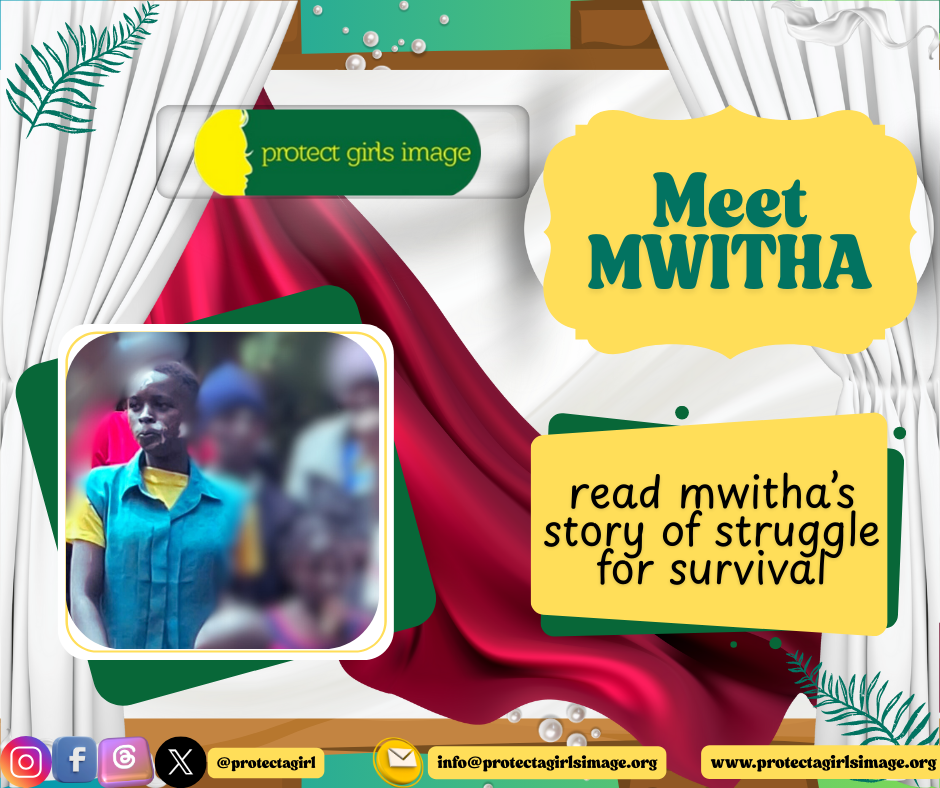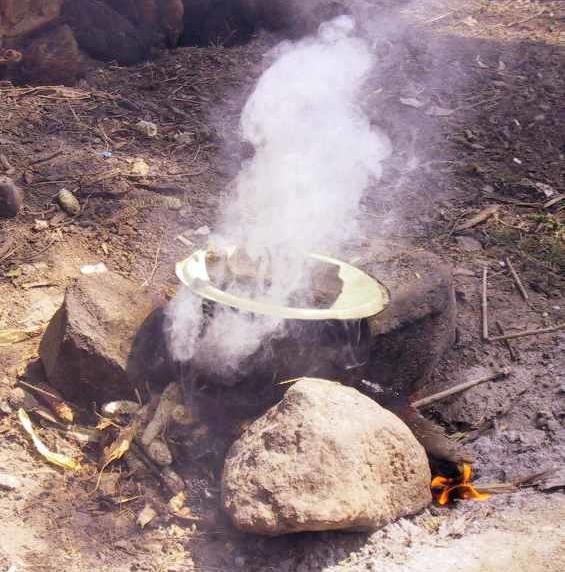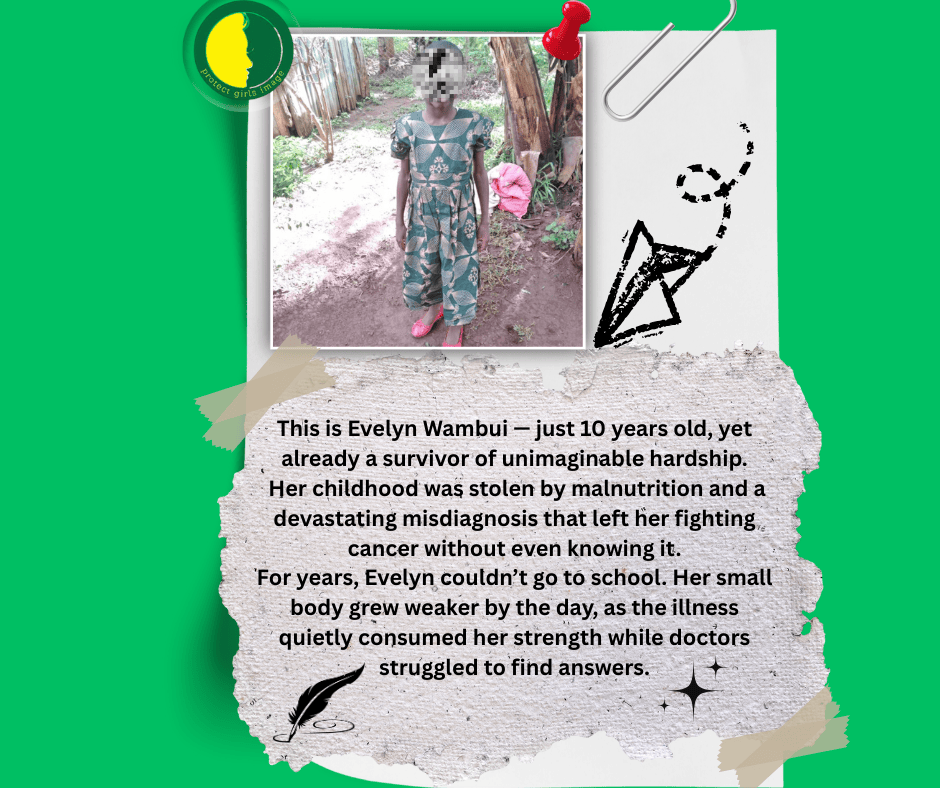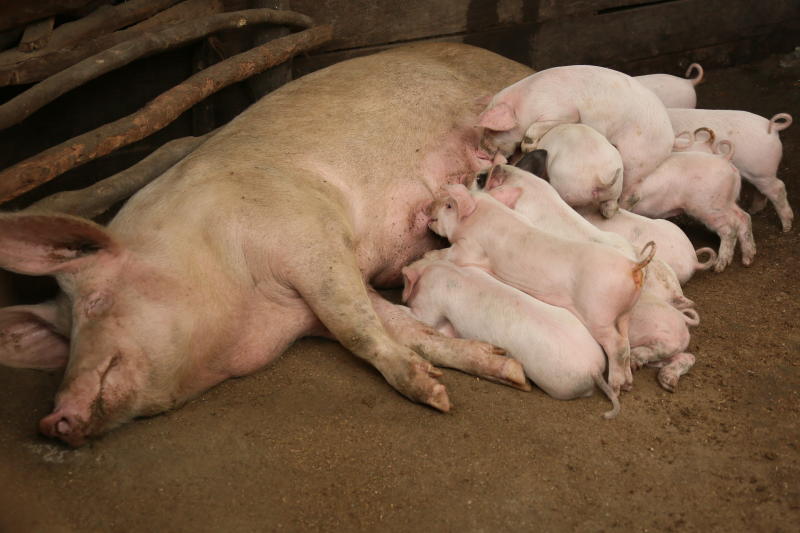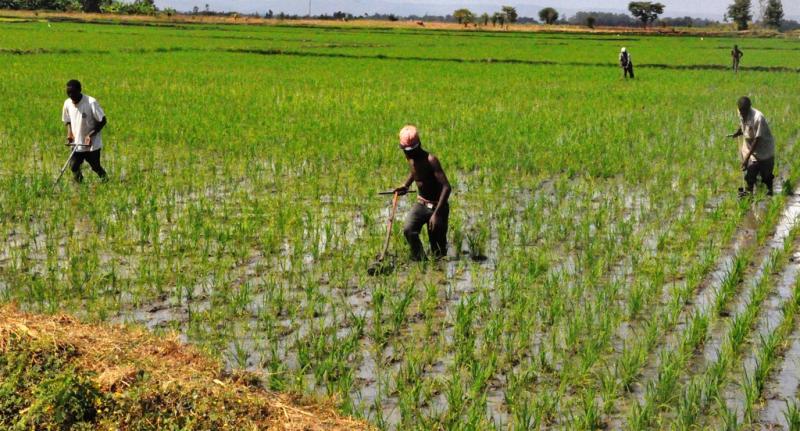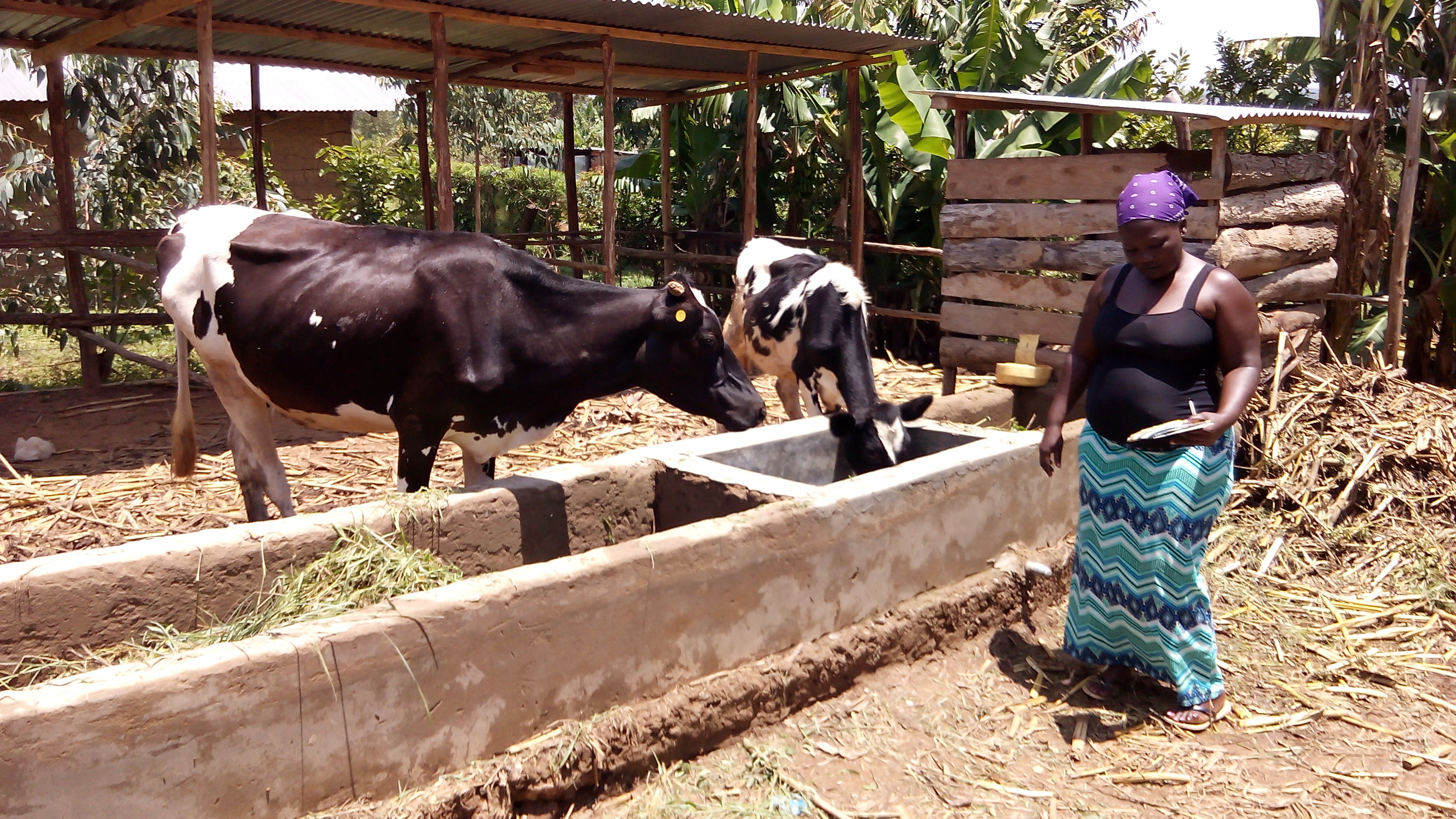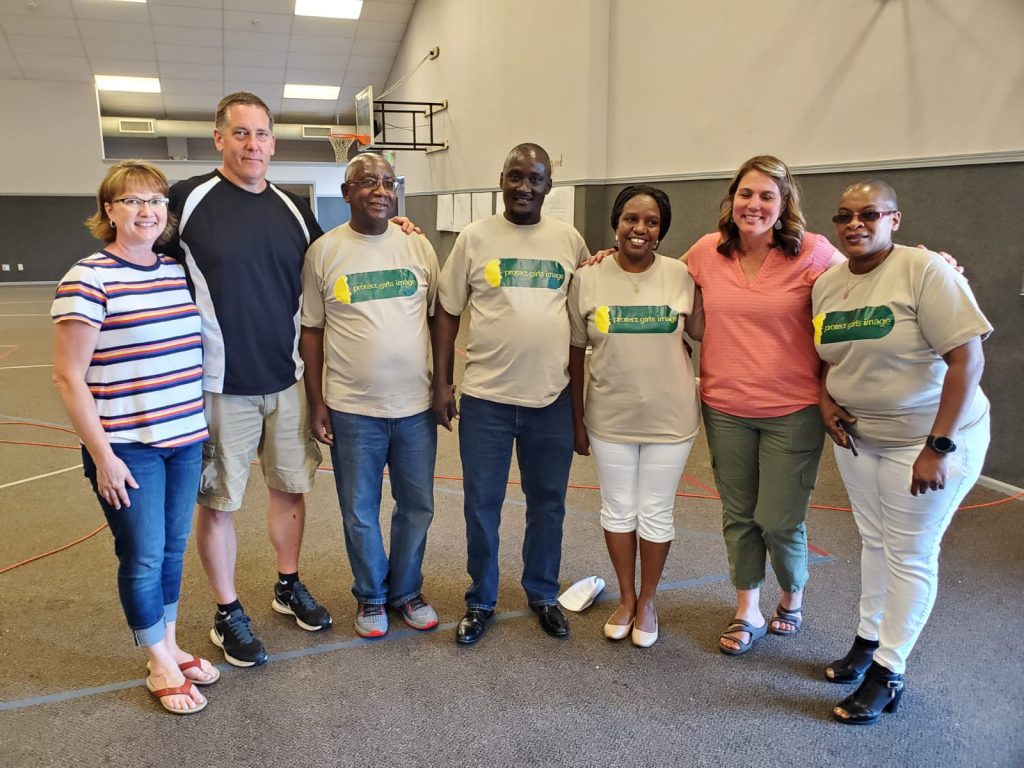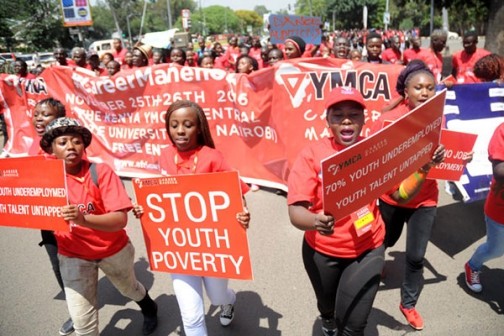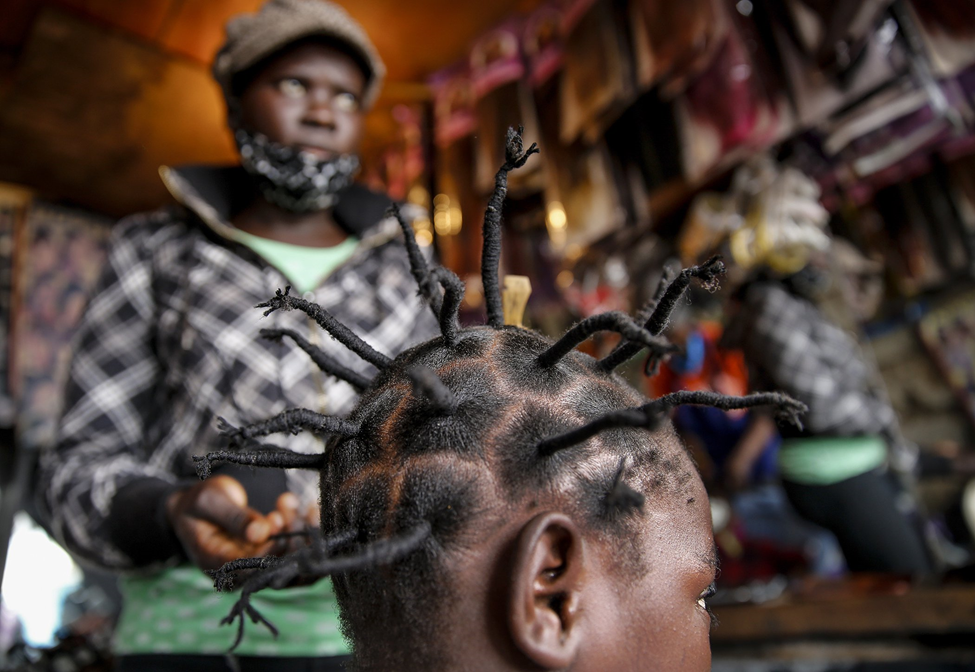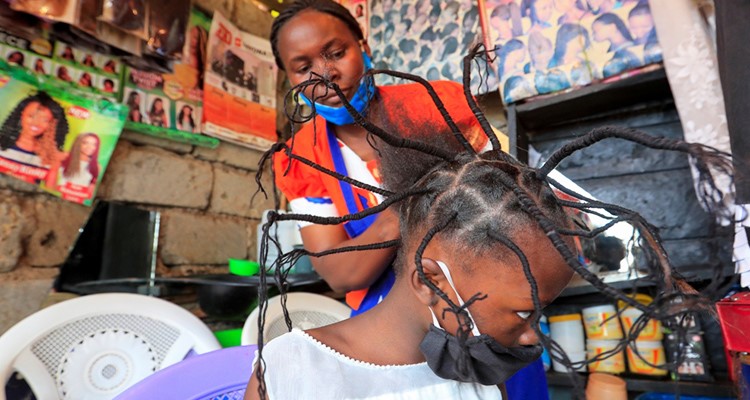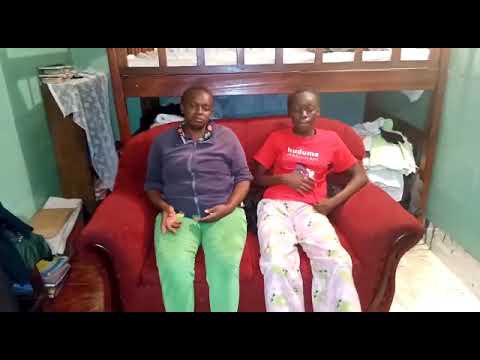🌿Men Deserve Healing Too: Pius’ Story and the Power of Second Chances
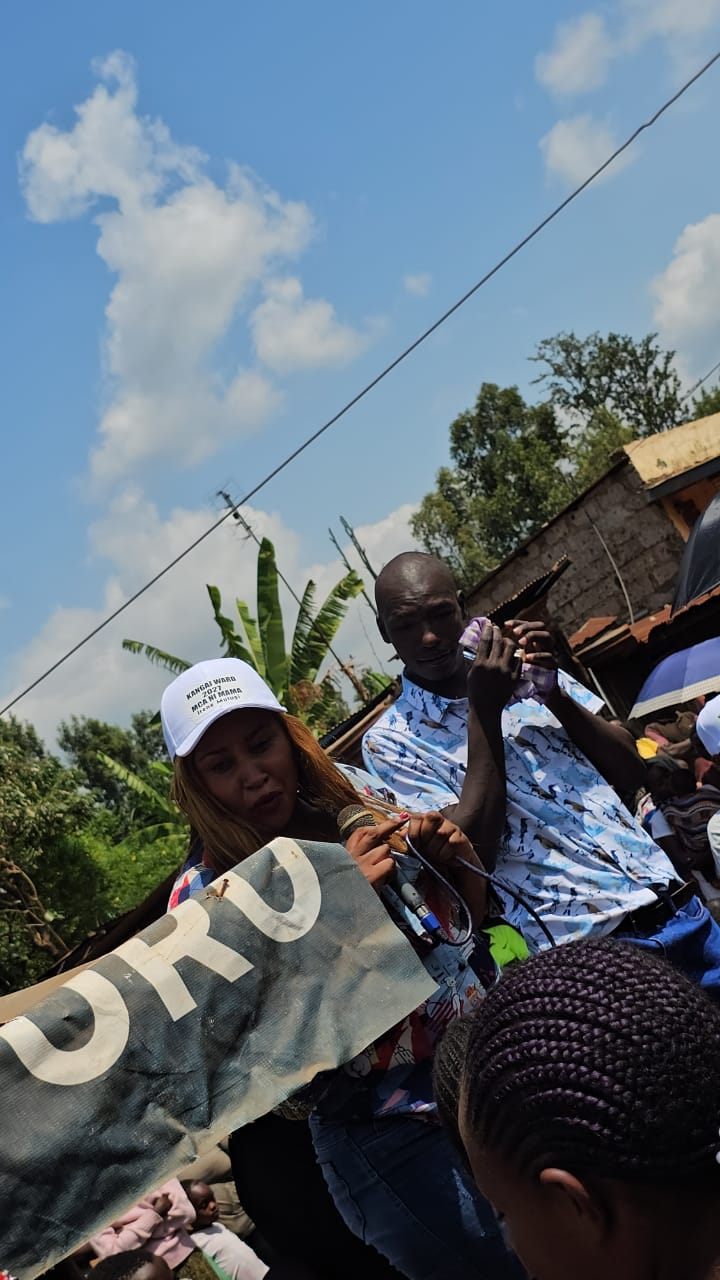
June is Men’s Mental Health Month. A time to reflect, reimagine, and restore. And at PGIO, we believe that healing and restoration should extend to everyone. Not just to our girls, but to our boys and young men too—especially those quietly fading into the background of a society that forgot how much they matter.
This weekend, we lived out that belief in the most profound way.
Together with the compassionate and determined leadership of Irene Mutugi, 2027 aspiring MCA for Kangai Ward, we helped rescue a young man named Pius Bundi. A name once spoken with pride in Marura B Village; a name that had grown quiet in recent years, dimmed by hardship, addiction, and despair.
Pius is not your ordinary story. He was the first in his village to ever go to university. A bright young man, full of promise, who graduated with a Second Class Upper Division in Human Resource Management. That achievement didn’t come easy. It took the entire Marura B community—parents, elders, friends—rallying together to make it happen. They organized fundraisers, community meetings, and offered their limited resources to ensure that one of their own would rise. He was their hope.
But hope can be fragile in a country where job opportunities are scarce, and even brilliance goes unnoticed. After graduation, Pius tarmacked and tarmacked. But for how long can one soul wander with zero prospect and dimming hope?
Eventually, like so many others, Pius ended up taking what was available which was, distributing alcohol. Because as we say in Kenya, “kazi ni kazi.” And considering Pius has a Family; a wife and child, that depend on him. Not forgetting his parents who did everything they could including rallying community members so he could get through university. He really didn’t have much of an option but take the job, however much beneath him it was. But come on! Pius has a degree. A life that was meant for more. A community that depended on him to be a role model and inspiration to the rest of the children.
I remember at some point a parent told us that even when they advice their children to study hard in school, the answer they usually get is: “why waste all that time and energy when one of us who has even gone to university is nothing. Instead he is here sitting with us drinking illicit brew?” But you do realize this wasn’t what he wanted. Pius had higher aspirations for himself and his community. But in a cruel twist of irony, the only job that was supposedly available; the only job he was offered that was meant to be sort of a lifeline, was the very thing that exposed him to what would undo him—alcohol.
Addiction crept in quietly. What began as survival became dependency. With no job, no routine, and no opportunity, idleness filled his days—and alcohol filled the void. His light dimmed. The same young man whose community once danced for his graduation now moved through the days unnoticed. Forgotten.
But not by everyone.
For weeks, Irene Mutugi carried a burden for Pius. She remembered who he was. Who he still could be. She began to speak to those around her, rallying support, asking for help. And PGIO listened—this is exactly who we are: an organization that believes in second chances and community-led restoration.
Through the incredible partnership between PGIO and Irene, we were able to enroll Pius into our Boundless Hope Rehabilitation Centre—a safe place to heal, recover, and begin again.
And when we picked him up this past Saturday, the village stood still. People cried and others prayed. They smiled through tears as they watched the return of a son, a neighbor, a symbol of hope that had nearly slipped through their fingers.
Marura B is no stranger to this disease. Alcoholism has stolen too much—parents who drink away school fees, children who drop out due to peer pressure, dreams deferred, lives derailed, and even early marriage due to extreme hardships (read Mwitha’s story). But in the midst of this pain, Pius had pushed through. He had made it to the finish line. Now, it’s our turn to help him start again.
His story reminds us that the problem isn’t potential. It’s support!
There are many more Pius Bundis across Kenya—bright, brave, and burdened by circumstances beyond their control. At PGIO, we’re not just telling their stories—we’re doing something about it. Through rehabilitation, mentorship, mental health care, and job opportunity creation, we are working to restore dignity and rewrite narratives.
But we can’t do it alone.
💛 Let’s continue to believe in our sons the way we believe in our daughters.
💛 Let’s fight for futures that look impossible.
💛 Let’s keep choosing second chances.
For Pius. For Marura B. For many more like him.
